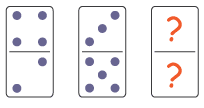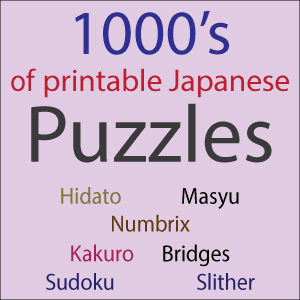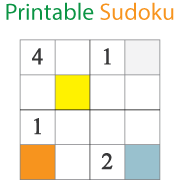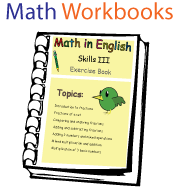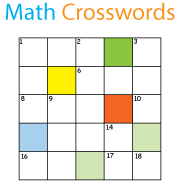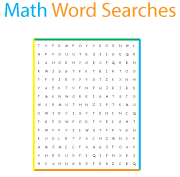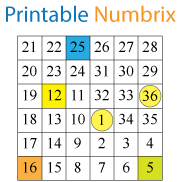These are our Reading Graphs (with scales) elementary math worksheets. Click on the previews to go to pictograph worksheet download page.
Learning about picture graphs is a very important part of the primary math curriculum as it covers all learned math concepts. After analyzing a graph or data (picture) set a student needs to collect and organize data and translate this is useful information. In the first math year the graphs will be without scale, but starting in the second grade the scaling will become more challenging.
Our picture graph worksheets are not just based on reading the graphs, but also focus on drawing pictographs given data tables or data sets. It is our experience that students like to make picture graphs and that this activity is often used in extra curricular math assignments.
Most of our primary graphing worksheets come with additional math exercises, mostly word problems, based on the graph or set of images. This will involve the basic operations, ratios, fractions, rounding off and percentages. Of course related to the grade year the student is in.
We feel that pictograph are a good example of applied math, or real life math, as it integrates a practical math situation with all the learned math concepts.
Our year one graphing worksheets focus mainly on collecting data and organizing them in either a data table or picture graph. We will not use a scale at this stage. Our second and third math year pictograph worksheets cover mainly the 4 basic operations and use a scale appropriate to the grade level.
The math year 4 pictograph worksheets will also involve division and rounding off data and will have a more challenging scaling. For years 5 and 6 we have used ratio and percentage calculations in our pictograph activities and they are, needless to say, more difficult.
The categories we use are 'Drawing Pictograph' worksheets, based on the math curriculum for grades 1 through 3, 'Reading Pictographs (easier)' also for grades 1 to 3 and 'Reading Pictographs (harder)' for the math grade levels 4 to 6.
- Collection of data sets and conversion in picture form
- Being able to organize data and convert in pictures
- Being able to draw/make picture graphs given a data set
- Being able to read and analyze pictographs
- Use symbols as representations object sets
- Creating and working with scales in picture graphs
- Solving (word/math) problems using the given represented information
- Being able read picture graphs both horizontally and vertically
- Completing a table using the data in a graph


 Reading Graphs (with scales)
Reading Graphs (with scales).gif)
.gif)
.gif)
.gif)
.gif)
.gif)










